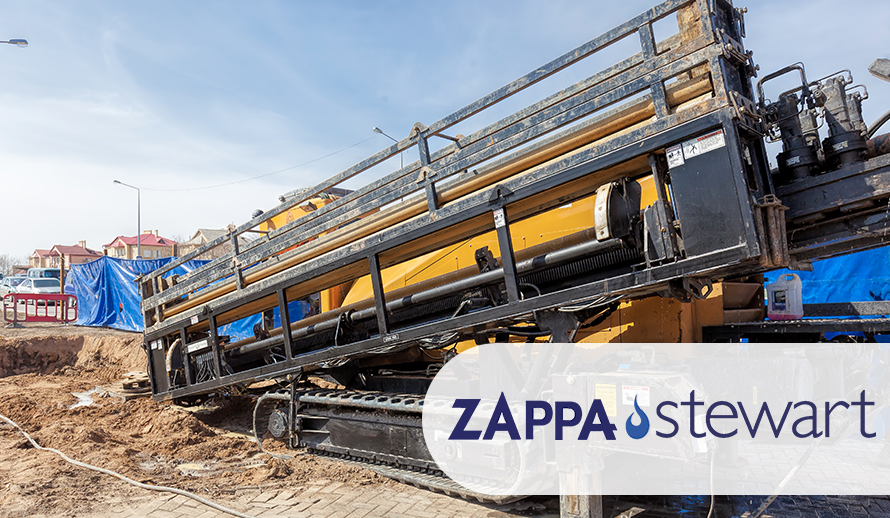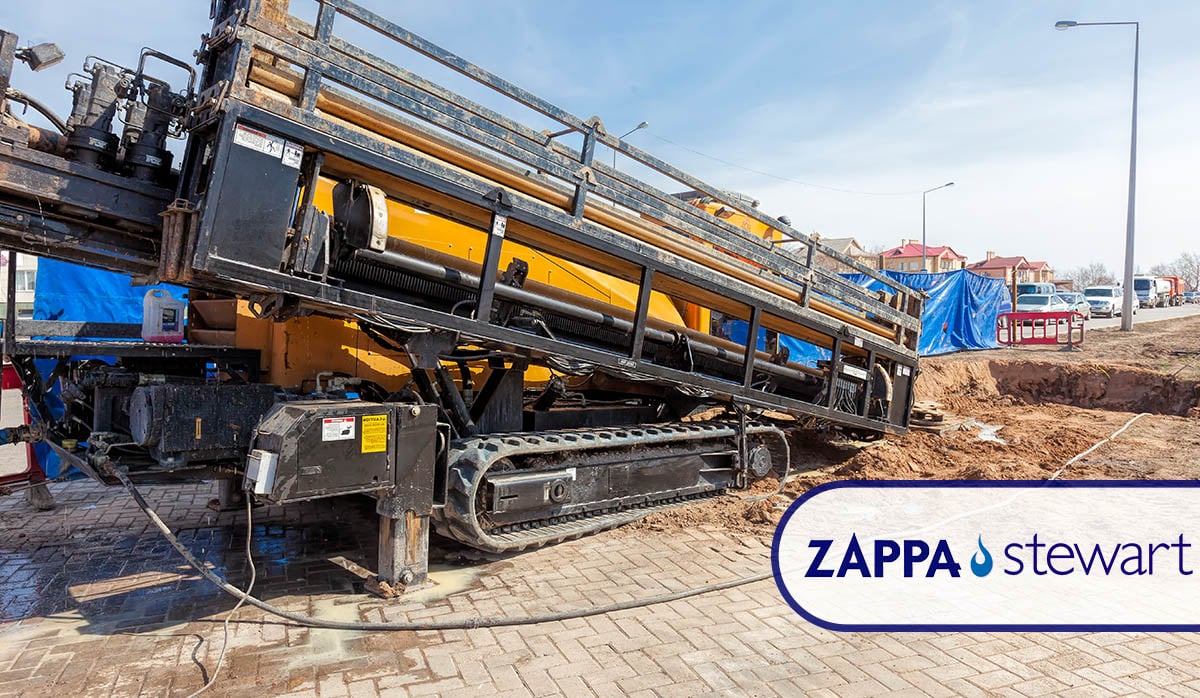HDD technology has changed the landscape for the pipeline and utility infrastructure sectors, quite literally. Pipelines can now be installed under waterways, utilities can be installed without open cutting of highways and wetlands, and residential service connections can be installed without digging up lawns and driveways. But as with any technological innovation, HDD technology comes with its own set of new challenges. The large volumes of spent drilling mud, that are generated by HDD borings, require careful management, to prevent unnecessary costs and environmental risks. A rapidly increasing number of HDD contractors and owners choose to solidify spent drilling fluid on-site, with superabsorbent polymers (SAPs), to eliminate excessive waste hauling, disposal charges, and environmental liabilities.
Topics: Horizontal Drilling, Waste Solidification, Environmental Remediation, HDD Solidication
While the benefits of horizontal directional drilling (HDD) technology have changed the game for the utility and pipeline construction industries, the large volumes of fluid waste generated by HDD borings pose significant costs and environmental risk. Contractors and owners often choose to solidify drilling mud on site with superabsorbent polymers (SAPs) because of financial and time savings as well as SAPs’ ease of use and environmental benefits.
Topics: Horizontal Drilling, Superabsorbents, HDD




